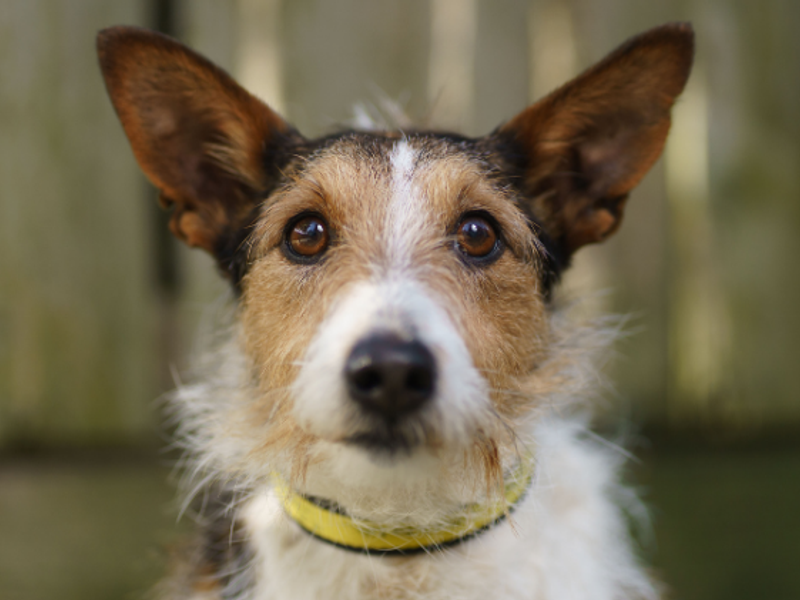Our #NotJustADog campaign

We launched our poignant ‘Not Just a Dog’ campaign to highlight the devastating effect a dog’s death can have on their owners and we are appealing to employers to consider offering compassionate leave to employees should their beloved pet pass away.
Research we carried out revealed over half of dog owners felt the grief they experienced after losing their dog was similar or worse to the loss of a family member, with a further 38% stating they were surprised by how deeply they were affected.
When a dog passes on, no matter how prepared we are for it, how old the dog is or how long or how short a time they spent with you, the loss can be overwhelming. I think the most important aspect of coping with the loss is to allow yourself to grieve and accepting that what you’re feeling is normal. Surround yourself with people who understand and if you’re struggling, please seek professional advice.
Dr Sabina Brennan, Psychologist, Neuroscientist and dog lover
Almost three quarters of those surveyed admitted having more photos of their dogs on their phone than their partner, family or friends so, it comes as no surprise that over 58% said it took them a year or more to start to come to terms with their dog’s passing.
"Is there a greater feeling in the world than coming home to a dog who is delighted to see you, even though you only popped out to the shops? It’s tough when that’s gone. I had Lylo, my Collie Cross who I adopted from Dogs Trust for 10 fantastic years. She was my best friend, and I was devastated when I had to say goodbye to her. We need to recognise how crushing it is for dog owners when their dog dies and it’s important that people feel they can talk about it, without being told to get over it, it’s just a dog." - Comedian and Broadcaster, J Gallagher
After discovering 66% of dog lovers worry about their dog’s passing, we are urging owners to read our advice on how to prepare for a dog’s passing, coping with grief, ideas to memorialize your dog and tips on how to broach the subject with children.
Many people spend more time with their dogs than anyone else in their life and have a unique bond with them. As a dog welfare charity, we understand the impact the loss of a dog can have, so we offer our employees a day’s paid leave in the event of the death of their dog, and we would love to see other employers offering the same.
Becky Bristow, Executive Director of Dogs Trust Ireland
To help spread our message and show that it’s ‘not just a dog’, we are asking people to share a photo of their dog using the hashtag #NotJustADog on social media.


